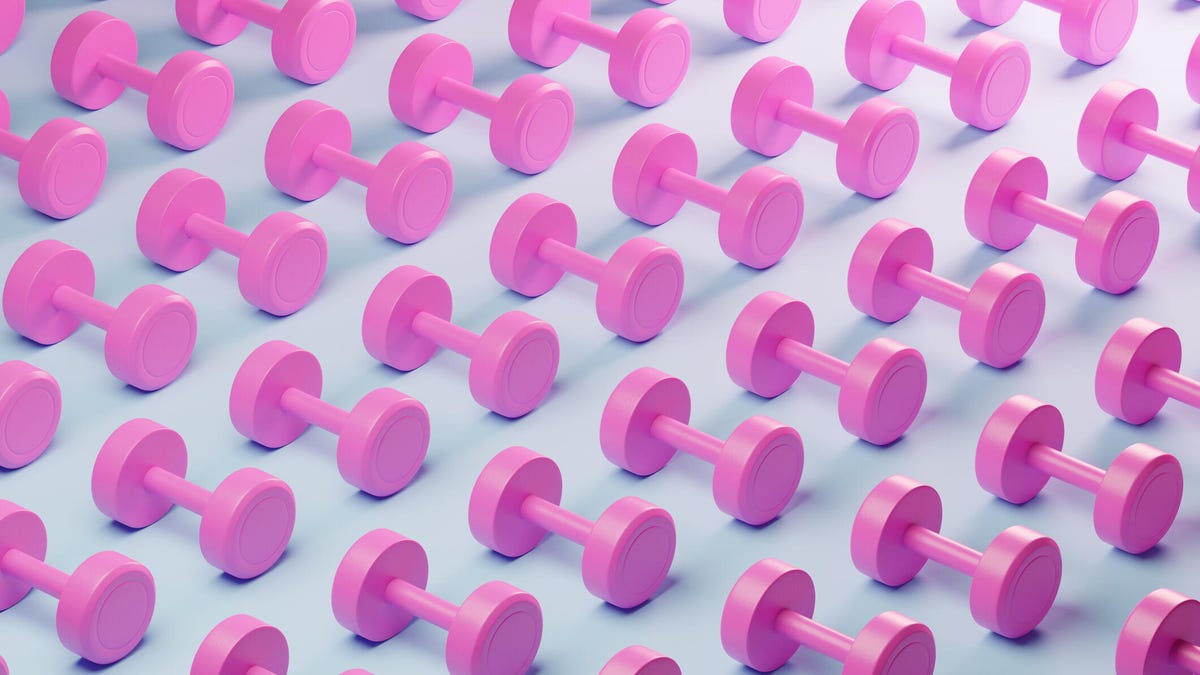AI as a Personal Trainer: Can ChatGPT Replace Human Coaching?

Key Points
- Body‑scan showed 37.9% body fat; trainer set a target of 25‑27%.
- Trainer advised losing 1‑2% body fat per month, estimating 12‑24 months.
- ChatGPT provided macro ratios, carb/fat timing, and protein‑rich snack ideas.
- AI highlighted cortisol spikes from coffee before meals and suggested alternatives.
- Suggested strength‑training schedule: three weekly gym sessions plus daily steps.
- AI plan included monthly scan check‑ins and bi‑weekly yoga.
- Author sees AI as a convenient supplement, not a replacement for a human trainer.
- Future approach: combine AI advice with trainer’s program and medical input.
A fitness enthusiast explores how an AI chatbot can supplement a traditional personal trainer. After receiving a body composition scan, the author shares the data with ChatGPT, asking for nutrition and strength‑training guidance. The AI provides macro recommendations, meal‑timing tips, and a supplemental workout outline that the author compares with the trainer’s plan. While the AI offers convenient, round‑the‑clock advice and personalized suggestions, the author stresses that professional expertise remains essential for safe and effective health changes.
Background and Goal Setting
The author, who prefers low‑impact activities such as walking and yoga, decided to add strength training to support overall health and an upcoming fertility plan. A gym body‑scan revealed a body‑fat percentage of 37.9% and highlighted a need for more muscle mass. The personal trainer recommended a target body‑fat range of 25‑27% and suggested a realistic loss of 1 to 2% per month, estimating a 12‑ to 24‑month timeline.
Leveraging AI for Nutrition Insight
To complement the trainer’s advice, the author uploaded the scan results and personal goals to ChatGPT, asking the model to act as an expert trainer and nutritionist. The AI responded with macro ratios tailored for fat loss, muscle gain, and hormonal balance, suggesting higher carbohydrates on training days and higher fat on rest days. It also identified potential cortisol spikes from drinking coffee before breakfast and offered alternative protein‑rich snacks such as a hard‑boiled egg, smoked salmon, or cottage cheese on a rice cake. The AI’s suggestions aligned with the trainer’s recommendation to add protein early in the day, such as protein powder in coffee.
AI‑Generated Training Framework
Beyond nutrition, the author requested a strength‑training outline. ChatGPT proposed a schedule of three weekly gym sessions, incorporating a mix of compound lifts and accessory work, plus daily step goals and bi‑weekly yoga. The plan also included monthly body‑scan check‑ins and regular sauna sessions. While the author ultimately relied on the trainer to design the detailed workout program, the AI’s framework helped confirm the overall direction and added flexibility for off‑day activities.
Comparison and Verdict
The experiment demonstrated that AI can provide immediate, personalized feedback, fill knowledge gaps, and suggest practical adjustments that complement professional guidance. The author found confidence in having a second opinion that could be accessed at any hour. However, the AI was not viewed as a replacement for the trainer’s hands‑on expertise, especially for technique, safety, and individualized program design. The author plans to continue using AI as a supplemental resource while maintaining regular sessions with the human trainer and consulting medical professionals for health‑related decisions.